In the singular form the lexicon of a particular subject is all the terms associated with it. The lexicon of a person or group is all the words they commonly use. As a plural noun, a lexicon is an alphabetical list of the words in a language or the words associated with a particular subject. To distinguish lexicon from a dictionary, it is an alphabetical list of the words in a language or the words associated with a particular subject.
These examples are a mix of what one might hear upon the lips of the aristocracy, as well as examples of Cant used upon London’s streets and those terms used by farmers and like in the country.

gaiters – knee-high leggings that buttoned on the side; a master would wear these over his clothing to protect them from mud, dirt, and rain
galimaufrey – a hodgepodge made up of the remnants and scraps of the larder; never the same no many times it is served
gallery – a long narrow room in a country house where ancestral portraits were displayed
galley-foist – The earliest known use of the noun galley-foist is in the late 1500s. A barge of state: sometimes specifically applied to the barge in which the Lord Mayor of London formerly went in state to Westminster.
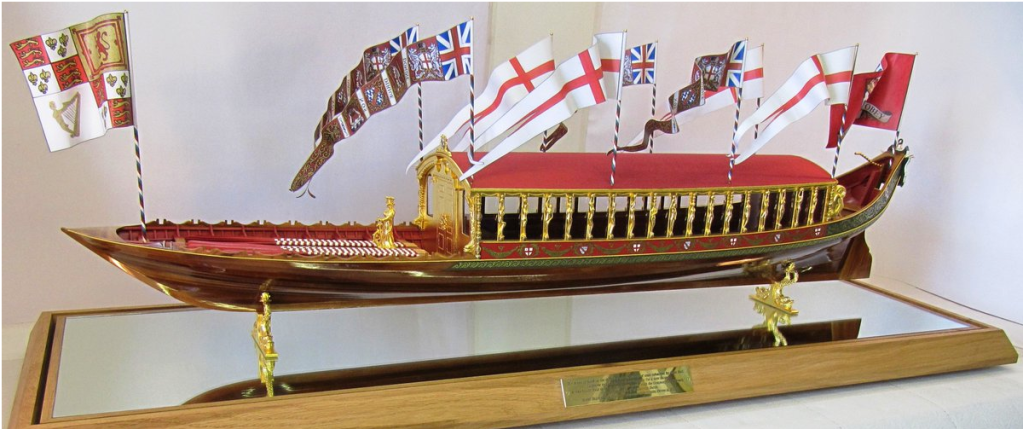
gallipot – a nickname for an apothecary
galop – an energetic dance that later became part of the quadrille’s movements
gambado – a horseman’s leggings; stiff leather style cases used in Devonshire instead of boots; they are fastened to the saddle and encase the leg with shoe and all
game – any form of robbing
gamekeeper – oversaw the protection and breeding of game on an estate
gaming – gambling
gaming hell – a gambling establishment, less respectable than the elite gentlemen’s clubs, providing opportunities for gambling and betting.
gamon – to deceive; to tell lies
gander month – that month in which a man’s wife lies in (before the birth of a child); during that time the husband may plead a sort of indulgence in matters of gallantry toward his wife
gangway – the passageway about halfway down the House of Commons that connected the rear and the front benches
gaol – the Regency way to spell “jail”
garret – an attic; attic, loft, and garret all describe the upper areas of a house; An attic is typically unfinished and used for storage, while a loft is a finished space that can be used as an extra room or living area. A garret is a small, often cramped, space located under the eaves of a home.
Garret comes from the old French word guerite, which means “watchtower” or “sentry box.” These days, a garret has nothing to do with war.
garter – the Order of the Garters was the highest order of knighthood; members outranked baronets; generally bestowed only on peers
“When founding the new college of St George at Windsor Edward III associated with it a small group of knights, each of whom was provided with a stall in the chapel. This comprised twenty-five men in all with the king at their head and was entitled the Order of the Garter after the symbol of the garter worn by its members.
“The use of what seems – to modern sensibilities – such a curious emblem has given rise to a popular legend about the foundation of the order. According to this, the Countess of Salisbury lost her garter during a court ball at Calais and Edward III retrieved it, rebuking those who had mocked her embarrassment with the words “Honi soit qui mal y pense” – shame on him who thinks evil of it – But this phrase, the motto of the order, actually refers to the king’s claim to the French throne, a claim which the Knights of the Garter were created to help prosecute. As to the emblem of the Garter, it may perhaps less interestingly, derive from the straps used to fasten plates of armour.”
gate – to be gated was to be confined to the grounds of a college; a punishment for undergraduate students at a university
Gazette – a nickname for the London Gazette; a publication that listed governmental appointments and bankruptcies (“to be gazetted” was to have received a government appointment) (“to be in gazette” was to have gone bankrupt)
Genteel Poverty – usually the state for widowed or single women; being able to associate with the gentry, but living in a second-class manner
General Post – mail going out from the Central London Post Office to the populated rural areas of England
gentleman craft – that of shoemaking, so called because it was once practiced by St Crispin
gentlemen – male members of the landed gentry, along with noblemen and those of lesser titles (knight or baronet)
Gentleman Farmer – a man who farmed a sizable amount of lass but less than 300 acres; came below the gentry in social hierarchy
Gentleman’s Gentleman – a valet
gentry – landowners below the nobility in the social hierarchy; owned at least 300 acres
gibbet – a corpse hung in chains at a crossroads as a deterrent to passersby
giblets – so said of a man and a woman who cohabit as husband and wife, but without exchanging marriage vows
gig – a one-horse carriage; highly popular with young wealthy men; could carry two passengers; light weight two-wheeled carriage; a two-person horse-drawn carriage that was light-weight, inexpensive and driven by one of the two passengers
gimlet eyed – squinting
glazier – a man who installed window glass
glaymore (or claymore) – a Highland broad sword
Glebe – also known as “Church furlong” or “parson’s closes”; an area within a manor and parish used to support the parish priest; an area of land belonging to a benefice in both the Roman Catholic and the Anglican church; the property, along with the parsonage house and grounds, assigned to support the priest; granted by the lord of the manor in which the church was situated; the holder of the benefice could retain the glebe for his own use (usually agricultural endeavors) or he could lease it to others and retain the rents as his own income
George III – (4 June 1738 – 29 January 1820) King of Great Britain and King of Ireland beginning on 25 October 1760; later made King of Hanover on 12 October 1814; during his reign, Great Britain defeated the French in the Seven Years’ War; became the dominant European power in both North America and India; lost the American War of Independence to the colonists; and defeated Napoleon at the Battle of Waterloo in June 1815
George IV – (12 August 1762 – 26 June 1830) King of the United Kingdom of Great Britain and Ireland and also King of Hanover after his father’s death; from 1811 until his accession, he served as Prince Regent during his father’s mental illness
Georgian England – a period of British history, which takes its name from, and is normally defined as spanning the reigns of the first four Hanoverian kings of Great Britain: George I, George II, George III, and George IV; covers the period from 1714 to 1830 (with the sub-period of the Regency from 1811 to 1820, when George IV served as the Prince Regent); occasionally, the short reign of William IV (1830-1837) is included in the period; the term “Georgian” is used chiefly in referring to social history and architecture
Gordon Riots – on 2 June 1780, 50,000 rioters marched on Parliament in opposition to the Roman Catholic Relief Act of 1778; the act removed some of the more extreme discriminatory measures officially taken against the Catholics, especially requiring military recruits to swear an oath of allegiance to the Church of England
all-a-gog – impatient; anxious; desirous of a thing
gorm – lower-class slang for “goddamn”
gout – a hereditary disease, which is aggravated by the consumption of too much protein; results in swollen joints
governess – a woman hired to educate the children of the household; She was usually a gentlewoman that had to resort to working due to lack of financial support (from a husband or family). Though educated herself, she was considered lower in rank to the family she worked for, but higher in rank compared to the rest of the house servants.
Grand Tour – when a young made graduated from the university or finished his formal education, he often went on a Grand Tour: a journey across Western Europe, which included Italy and France; an opportunity to learn modern languages (French, German, Italian, etc.); associated with wealthy and titled families on the Continent; toured famous cities and sites; attended numerous parties where he learned something of exotic foods and foreign customs; lasted between 2-4 years
grange – an isolated farmhouse owned by a member of the gentry
greatcoat – a large overcoat worn outdoors; had several short collars known as capes about the shoulders
greengrocer – a man who sells fruit and vegetables
Gretna Green – a village in the south of Scotland on the old coaching route from London to Edinburgh; a popular spot for those ignoring English laws of marriage and eloping; “being married over the anvil”
grey parson – a farmer who rents the tithes of the rector or vicar
groat – nickname for a fourpence
groom – the servant who tended the horses
Grosvenor Square – a fashionable square in London; a part of Mayfair
gruel – a food staple of the peasant class; made from some sort of cereal (oat, wheat, rye, rice, millet, hemp, barley, chestnut flour, or in the case of the English, corn) boiled in water or milk; often given to invalids and recently-weaned children; used in institutions and workhouses because it was a “hearty” sustenance and cheap to make
guinea – a coin worth 21 shillings; last issued in 1813
gyp – a college runner or errand boy at Cambridge; at Oxford he is referred to a “scout”

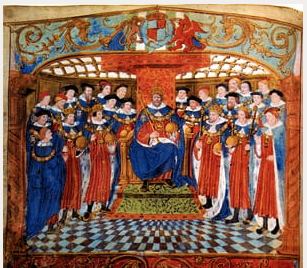
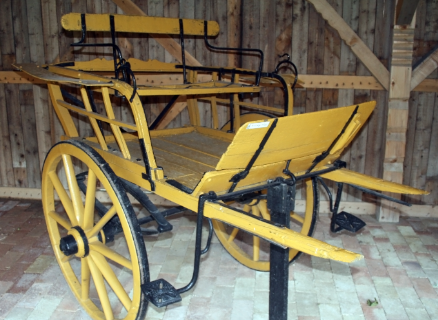
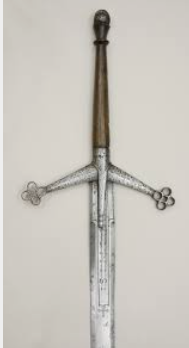
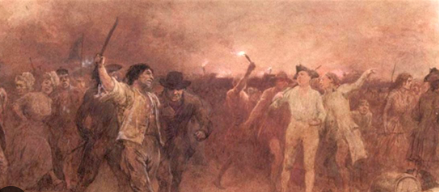
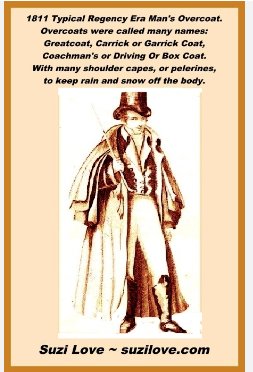
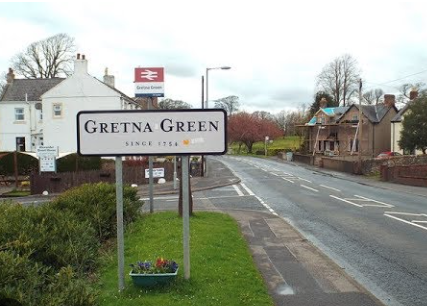




I like this series, thank you!!
Like many of the posts I do, my efforts are based on my research for my writing. These posts are proof of that fact.
These were all really interesting to read and I felt like I learned more about some of the terms I had a vague understanding of.
Chelsea, I regularly come across words that I have misused or ones I did not know. For example, I knew “honeymoon” was not the correct word for the time following a Regency wedding, but for a long time, I didn’t realize it meant the first time for intimate relations. I still have not used it as such in many of my novels. I have always thought it would be confusing to a modern audience.